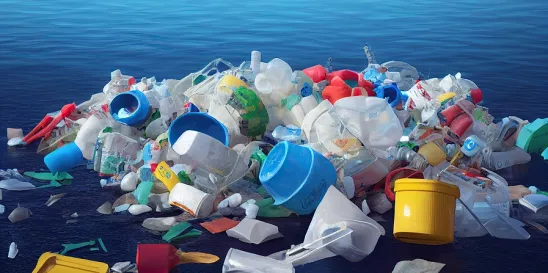This week, the International Agency For Research On Cancer (IARC) is holding a week-long conference in Lyon, France to discuss the carcinogenicity of PFOA and PFAS. IARC is the cancer research arm of the World Health Organization (WHO) and it exists to coordinate and conduct research on the causes of human cancer and to develop strategies for cancer control. PFAS and WHO are two things that are not a new relationship, as the WHO has issued previously statements and recommendations on PFAS in the context of drinking water standards. However, IARC is a highly respected group of international scientists and their findings with respect to carcinogenicity very often influence an uptick in personal injury litigation in the United States, or at the very least act as a piece of evidence during toxic torts litigation.
PFAS and WHO
Last year, we wrote regarding the WHO’s published findings and recommendations with respect to PFOA and PFOS in drinking water. Similarly, IARC itself previously examined the question of whether PFOA and PFOS were carcinogenic to humans. Its findings were published in an IARC monograph in 2016 in which it found that PFOA is “possibly carcinogenic” to humans. However, since 2016, numerous studies have been published on the subject of PFOA, PFOS and carcinogenicity. IARC will therefore re-examine the literature and is very likely to issue an updated monograph regarding PFOA and PFOS.
IARC and Litigation
IARC’s findings with respect to carcinogenicity are oftentimes very influential on the course of litigation in the United States. The most recent example of this came after IARC’s findings in 2015 with respect to glyphosate. IARC found that the chemical was a “probable carcinogen.” What followed shortly thereafter was an explosion of litigation against the manufacturer of Roundup weed killer (which utilized glyphosate).
The United States is at a critical litigation juncture at the moment with respect to PFAS. Bellwether cases will soon be selected in the AFFF MDL in South Carolina that are personal injury cases. Across the country, numerous class action lawsuits have been filed that do not involve AFFF, but which more generally deal with alleged toxicities of various types of PFAS. IARC’s findings will certainly have an influential impact on all of these cases and will be one set of findings that will be thoroughly explored through expert depositions and trial testimony.
Conclusion
For anyone involved in PFAS litigation in the United States, the IARC conference this week is certainly an event to follow closely – more specifically, the findings that come out of the conference. Regardless of where IARC lands on the subject of carcinogenicity of PFOA and PFOS, the findings will be utilized in PFAS litigation for years to come.




 />i
/>i
